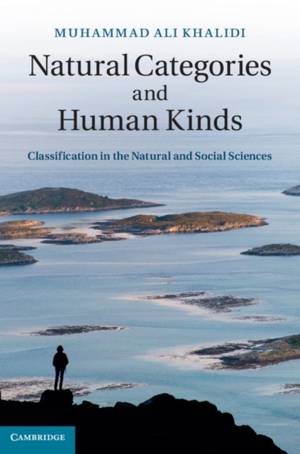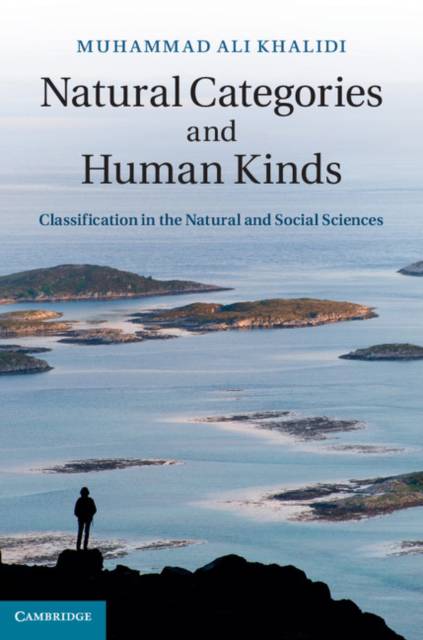
- Afhalen na 1 uur in een winkel met voorraad
- Gratis thuislevering in België vanaf € 30
- Ruim aanbod met 7 miljoen producten
- Afhalen na 1 uur in een winkel met voorraad
- Gratis thuislevering in België vanaf € 30
- Ruim aanbod met 7 miljoen producten
Zoeken
Natural Categories and Human Kinds
Classification in the Natural and Social Sciences
Muhammad Ali Khalidi
Hardcover | Engels
€ 172,95
+ 345 punten
Uitvoering
Omschrijving
The notion of 'natural kinds' has been central to contemporary discussions of metaphysics and philosophy of science. Although explicitly articulated by nineteenth-century philosophers like Mill, Whewell and Venn, it has a much older history dating back to Plato and Aristotle. In recent years, essentialism has been the dominant account of natural kinds among philosophers, but the essentialist view has encountered resistance, especially among naturalist metaphysicians and philosophers of science. Informed by detailed examination of classification in the natural and social sciences, this book argues against essentialism and for a naturalist account of natural kinds. By looking at case studies drawn from diverse scientific disciplines, from fluid mechanics to virology and polymer science to psychiatry, the author argues that natural kinds are nodes in causal networks. On the basis of this account, he maintains that there can be natural kinds in the social sciences as well as the natural sciences.
Specificaties
Betrokkenen
- Auteur(s):
- Uitgeverij:
Inhoud
- Aantal bladzijden:
- 264
- Taal:
- Engels
Eigenschappen
- Productcode (EAN):
- 9781107012745
- Verschijningsdatum:
- 15/07/2013
- Uitvoering:
- Hardcover
- Formaat:
- Genaaid
- Afmetingen:
- 152 mm x 231 mm
- Gewicht:
- 521 g

Alleen bij Standaard Boekhandel
+ 345 punten op je klantenkaart van Standaard Boekhandel
Beoordelingen
We publiceren alleen reviews die voldoen aan de voorwaarden voor reviews. Bekijk onze voorwaarden voor reviews.











